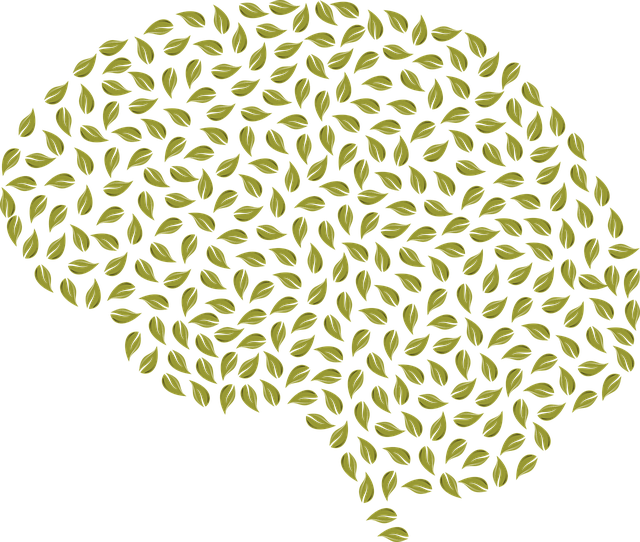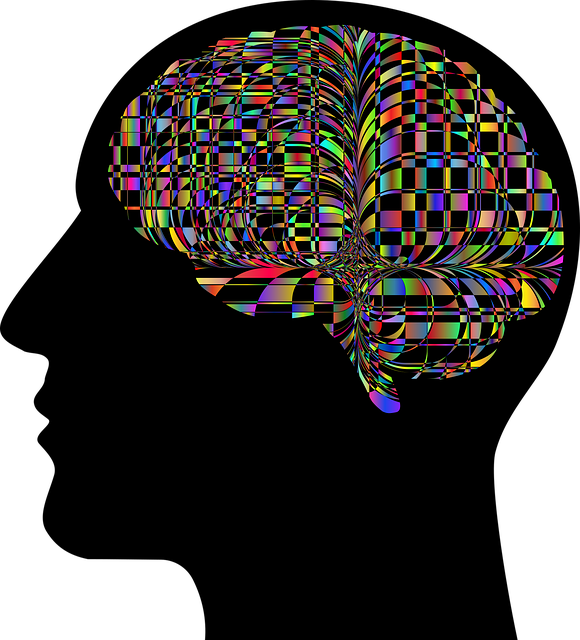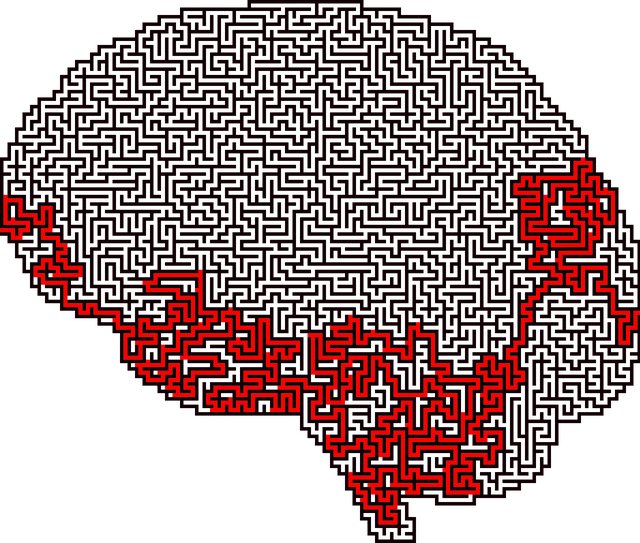Lakewood Eating Disorders Therapy employs a multi-faceted evaluation strategy for mental wellness programs, combining qualitative (interviews, focus groups) and quantitative (surveys, medical records) methods. This includes pre-post tests, observational assessments, and tracking stress management to measure tangible outcomes like symptom reduction and behavioral changes. Key tools like the Eating Disorder Inventory (EDI) facilitate accurate diagnosis and tailored treatment plans. By integrating mental health policy analysis, public awareness campaigns, and a holistic client-centric approach, Lakewood ensures effective care, resource allocation, and continuous improvement in eating disorder interventions.
“Uncovering the most effective ways to evaluate mental wellness programs, especially those tackling eating disorders like those found in Lakewood, is paramount for improving patient outcomes. This article explores diverse evaluation methods, from traditional quantitative assessments to qualitative insights, shedding light on the best practices. We delve into specific tools used in Lakewood eating disorders therapy, discuss tracking progress, and emphasize client feedback as a key component of successful program evaluations. By understanding these methodologies, mental health professionals can enhance their approach to treatment.”
- Understanding Mental Wellness Programs and Their Evaluation
- Assessment Tools for Eating Disorders in Lakewood
- Qualitative vs Quantitative Methods: Which is Best?
- Tracking Progress and Measuring Success in Therapy
- Feedback Mechanisms: Involving Clients in the Evaluation Process
Understanding Mental Wellness Programs and Their Evaluation

Mental wellness programs are designed to support individuals in managing and improving their mental health and overall well-being. These programs can include various therapeutic approaches, such as individual counseling, group therapy, and community outreach initiatives, tailored to address specific mental health concerns like anxiety, depression, eating disorders (Lakewood Eating Disorders Therapy), or trauma. Evaluation of these programs is crucial for understanding their effectiveness, identifying areas for improvement, and ensuring that services meet the diverse needs of the population they serve.
Effective evaluation methods go beyond simple satisfaction surveys and delve into measurable outcomes related to mental health symptoms, functional improvements, and changes in behaviors. This can involve qualitative assessments like interviews or focus groups, quantitative data collection through surveys or medical records review, and observational techniques. For instance, a Mental Wellness Journaling Exercise Guidance might be evaluated through pre-post tests measuring symptom severity, while Healthcare Provider Cultural Competency Training could be assessed by observing improvements in clinical interactions with diverse patients. Resilience Building programs can be measured by tracking participants’ ability to cope with stressors over time.
Assessment Tools for Eating Disorders in Lakewood

Assessment tools specifically designed for eating disorders play a crucial role in Lakewood Eating Disorders Therapy. These instruments help professionals accurately diagnose and evaluate the severity of eating-related issues, enabling them to tailor treatment plans accordingly. One widely recognized tool is the Eating Disorder Inventory (EDI), which assesses various dimensions of eating disorders such as weight preoccupation, body image disturbance, and compensatory behaviors. The EDI provides a comprehensive overview, aiding therapists in Lakewood in developing targeted interventions.
The Mental Health Policy Analysis and Advocacy approach can enhance these assessment methods further. By analyzing existing public health policies related to eating disorders, advocates can ensure that appropriate resources are allocated for effective treatment. Public Awareness Campaigns Development is another strategic component, aiming to educate the community about early signs, risk factors, and coping skills development, ultimately fostering a supportive environment for those struggling with eating disorders in Lakewood.
Qualitative vs Quantitative Methods: Which is Best?

When evaluating mental wellness programs, researchers often grapple with choosing between qualitative and quantitative methods. Both have their merits; quantitative approaches offer a structured, data-driven perspective that can easily be generalized to larger populations, making it ideal for assessing the overall impact of programs like Lakewood Eating Disorders Therapy. These methods include surveys, questionnaires, and statistical analyses, which can quantify changes in mental health outcomes over time.
On the other hand, qualitative methods provide a deeper, more nuanced understanding by exploring participants’ subjective experiences. Techniques such as interviews and focus groups allow individuals to share their personal stories, highlighting unique challenges and successes within trauma support services or mindfulness meditation practices. This approach is particularly valuable for complex topics where numerical data might not capture the full spectrum of mental health awareness and growth.
Tracking Progress and Measuring Success in Therapy

Effective mental wellness program evaluation is paramount to tracking progress and measuring success in therapy, especially when addressing complex issues like eating disorders. At Lakewood Eating Disorders Therapy, we employ a multifaceted approach to assess client improvement. This includes regular session reviews, where therapists document symptoms, behaviors, and emotional states, providing valuable data for analysis. Additionally, standardized assessment tools tailored to eating disorder diagnostics offer quantifiable metrics to gauge treatment efficacy.
Integrating Mental Health Policy Analysis and Advocacy into our evaluation methods ensures that progress is not only measured but also understood within a broader context. By considering the impact of social skills training and mental wellness coaching programs development, we can identify areas where clients may require additional support or adjustments in their treatment plans. This holistic approach to evaluation facilitates better-informed decisions, ultimately enhancing the success rates of our interventions.
Feedback Mechanisms: Involving Clients in the Evaluation Process

Involving clients directly in the evaluation process is a powerful approach within mental wellness program assessments. At Lakewood Eating Disorders Therapy, we recognize that individuals who struggle with their mental health are often the experts on their own experiences. Therefore, our evaluation methods prioritize client feedback as a key component. By encouraging open dialogue and creating safe spaces for expression, clients can provide valuable insights into the effectiveness of therapy sessions, interventions, and overall program design. This feedback loop allows for continuous improvement and ensures that services remain tailored to individual needs, fostering a sense of empowerment and engagement in one’s mental wellness journey.
This client-centric evaluation approach extends beyond simple satisfaction surveys. It involves active listening, structured interviews, and regular check-ins to gauge progress and identify areas requiring adjustments. By integrating these mechanisms, mental health professionals can better understand the nuances of each client’s experience, including unique challenges related to stress management. This holistic perspective is essential for comprehensive risk assessment, enabling practitioners to anticipate and mitigate potential risks effectively.
Evaluating mental wellness programs, such as those addressing eating disorders in Lakewood, involves a combination of qualitative and quantitative methods. By utilizing assessment tools tailored to specific needs, tracking progress, and integrating client feedback, therapists can ensure the success and effectiveness of treatment. In the context of Lakewood Eating Disorders Therapy, a comprehensive evaluation process allows for personalized care, enabling clients to navigate their journey towards improved mental wellness with clarity and support.














